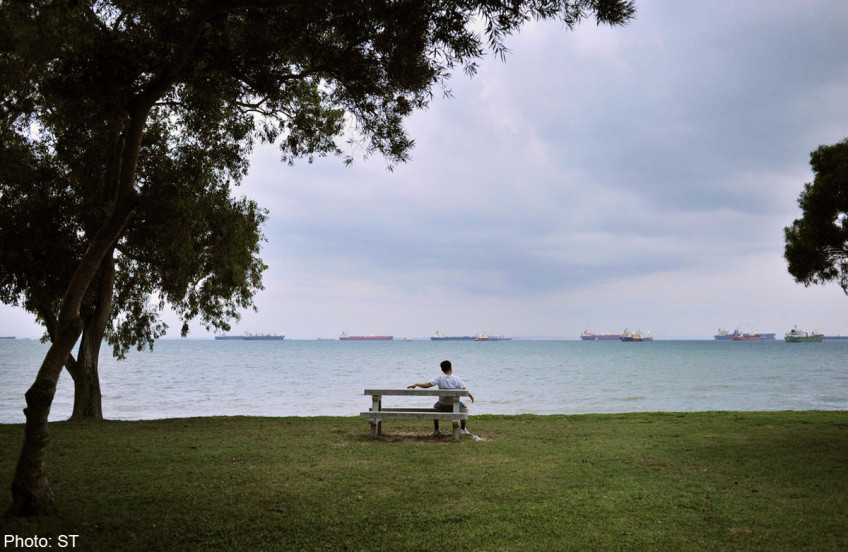Singapore could experience higher temperatures in future

SINGAPORE - Singapore could experience hotter weather in the future, with temperatures expected to increase by between 2.9°C to 4.6°C by the year 2100.
The Meteorological Service Singapore's (MSS) Centre for Climate Research Singapore (CCRS) has released the findings for Phase 1 of the Second National Climate Change Study on Wednesday.
The outcomes of the new Singapore study are consistent with those of the Inter-governmental Panel on Climate Change (IPCC) 5th Assessment Report (AR5) which projects sea level rises globally, as well as higher temperatures and more extreme rainfall for Singapore and the surrounding region.
According to findings of the study, average surface temperatures across Singapore will increase by 1.4°C to 2.7°C between years 2070 to 2099 (relative to mean daily temperature of 27.4°C during the baseline period of 1980 to 2009), and by 2.9°C to 4.6°C if no global mitigation action is taken to reduce greenhouse emissions.
This implies that the unusually warm temperatures Singapore encounters occasionally could become the norm in the future and that days with 'record' temperatures above those experienced historically will become more frequent. Due to the high levels of humidity in Singapore, these projected rises in temperature will lead to increasing thermal discomfort and heat stress for those working outdoors, the report said.
With regard to rainfall, the projections from most models show an increasing trend, particularly during the wetter season, in the intensity and frequency of heavy rainfall events over Singapore.
The contrast between the wetter and drier months is projected to become more pronounced by the end of the century, especially if no global mitigation action is taken. The study projects an upward trend in seasonal mean rainfall during the wet season of November to January, as well as greater dryness during months that are already relatively drier in the current climate (February and June to September).
Findings also point to a mean sea level rise of 0.25m to 0.60m between years 2070 to 2099 (relative to 1980-2009). The rise will be higher at 0.35m to 0.76m, and could be as much as 0.45m - 1.02m by the year 2100 if no global mitigation action is taken.
The effects of climate change operate in the long term, but the Government says it is taking a proactive approach to address its potential impact.
The Inter-Ministerial Committee on Climate Change (IMCCC) was established in 2007 to enhance Whole-of-Government coordination on climate change policies.
The Resilience Working Group (RWG), an inter-agency platform under the IMCCC, studies Singapore's vulnerability to the effects of climate change and recommends long-term plans that ensure the nation's adaptation to future environmental changes.
The findings from this study will provide the basis by which Singapore continually develops long-term infrastructure adaptation plans to appropriately address the effects of climate change on Singapore's physical environment.
The Government has also set aside at least $50 million for climate resilience related studies to support Singapore's adaptation planning efforts.
ljessica@sph.com.sg